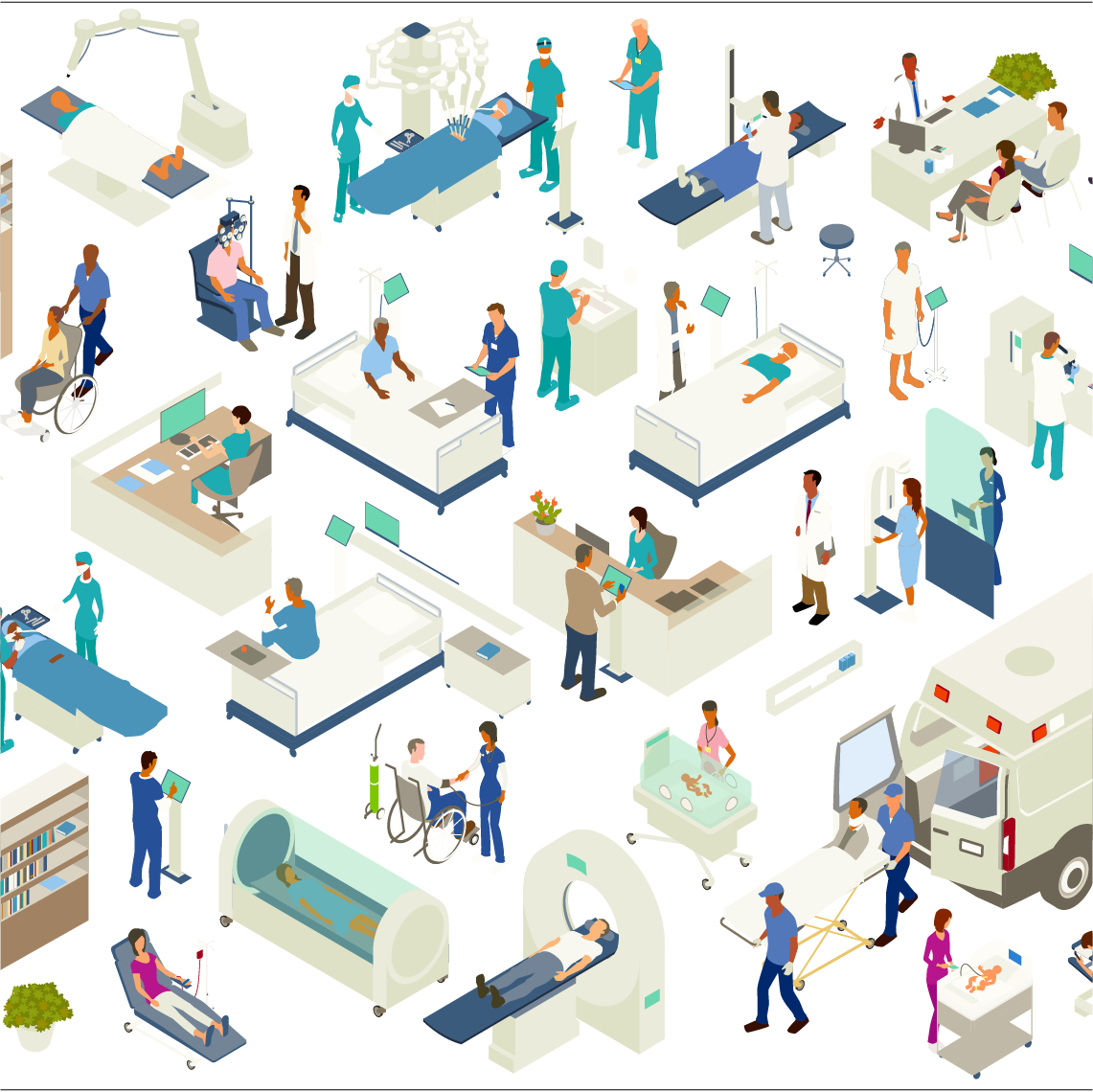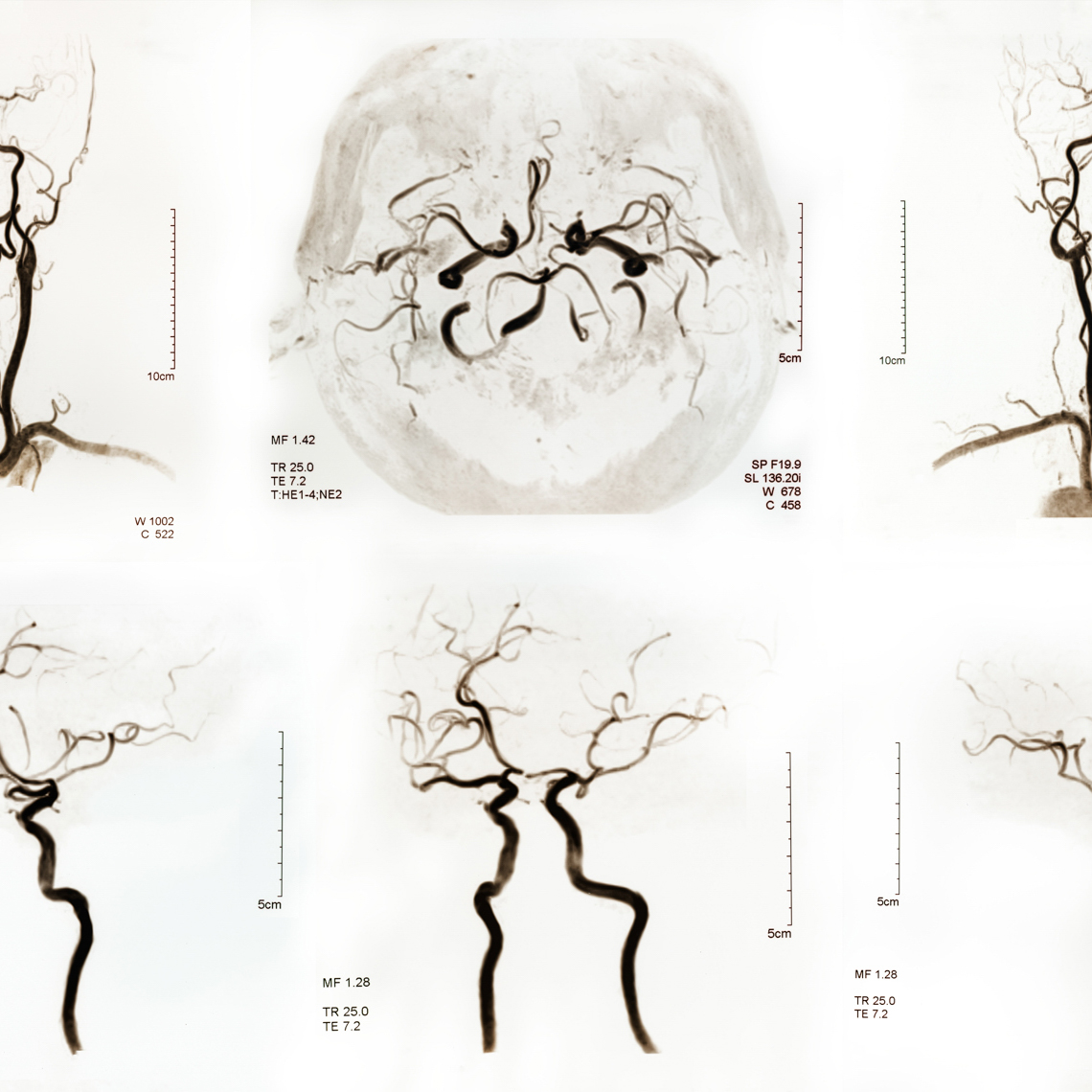Download PDF Free of Charge
Learn more about reducing the incidence of Retained Foreign Objects (RFOs).
Newsletter
Jul 31, 2013

The AMC PSO has performed an in-depth analysis of patient safety events in the surgical setting and has identified emerging technologies and new strategies to complement existing patient safety protocols.
Subject matter experts discussed emerging technologies and new strategies that are now available to complement existing patient safety protocols aimed at reducing the incidence of Retained Foreign Objects (RFOs).

Learn more about reducing the incidence of Retained Foreign Objects (RFOs).





